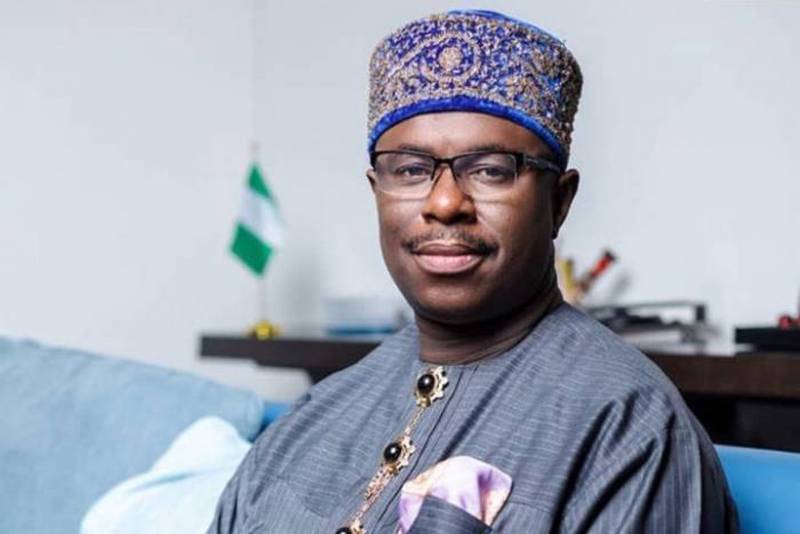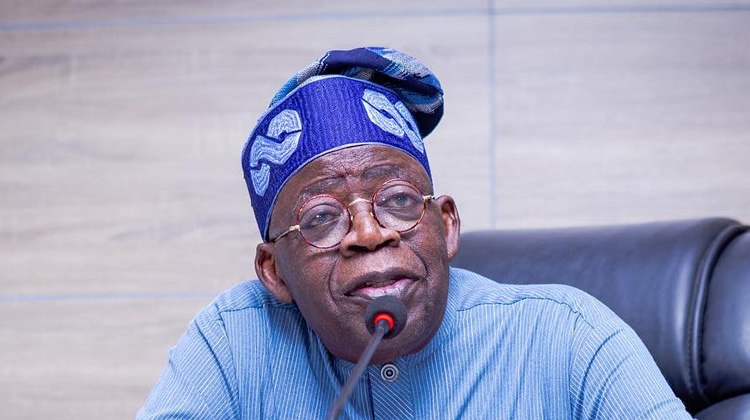Power seekers as the nation’s fixers, By Dan Agbese
Email: [email protected]
SMS: 08055001912
I am a connoisseur of the avuncular promises and pledges by politicians. I have consumed such promises from agbada politicians and khaki politicians all these years. Each group of politicians answered the call of the fatherland, obviously. Nothing personal. They came to fix our country, turn it back from the south, repair its battered economy, bridge its fault lines, patch up the tears in its social fabric, kill off the insatiable worms of corruption and redirect its government from exclusion to inclusion.
Each group approached its national assignment with that quality unique to Nigerians, to wit, the can-do spirit. But since politicians do not solve problems permanently, as each left the stage, new and refurbished problems crowded the stage like the weeds they are. No country is permanently healthy because today’s solutions morph into tomorrow’s new problems. This invites a slew of messiahs who market themselves as the new hopes for the country. Interesting, always interesting, this delicate business of remaking a country.
We usually do not know the state of the health of our own country until the election season is upon us. It is upon us now. The politicians are jostling for Buhari’s successor as president next year. A confetto of passionate promises washes over us. The insanely teaming crowd of presidential aspirants is evidence, if some were ever needed, that the time has come for the old things to give way to the new.
Each aspirant appears to have diagnosed the health of the country. What they see pleases them not at all. Some believe the country is in the amenity ward; others believe it is in the intensive care unit. They see a country with an anaemic economy burdened by loans; they see a country that has more or less surrendered to the reign of assorted criminals; they see a polarised country in which the centre is barely holding; they see a country waging a strident anti-graft war but sinking deeper and deeper in the cesspool of corruption with public officers carrying the banner of the successfully corrupt aloft. They believe the country needs fixing. Being brave men, they are not fazed this welter of crippling national problems. They want to take on the task and cleanse the banner of the stain of failure resulting from the head or the heart.
If this house must not fall, then the country must be fixed. The process begins with promises of a better tomorrow in the hands a new set of competent but recycled politicians. It is the only way the political cookies crumble. Naturally, each aspirant believes he is the right man for the job, sent by God, no less. Has it ever occurred to you that politics is the source of all the problems in every country? One set of politicians rules or misrules a country, and a new set of politicians invites themselves to the stage to take on the thankless job of cleaning up their mess. It is a vicious circle.
In a convoluted sense of human progress, the politicians who cause problems are the same group of people allowed by law to become the fixers of an ailing nation, hence the rise of the slew of fixers crowding the market square as presidential aspirants. So, what are these redoubtable men saying about what needs to be fixed in our country? Here is a sampler of their promises and pledges complete with each man’s diagnosis of the ills of the giant of Africa.
Vice-President Yemi Osinbajo promises to continue to build on what he and Buhari have erected in the seven years. Naturally. It is a sacred obligation. He is the picture he paints of the Nigeria he intends to build as president: “Let us build a Nigeria where the man from Nnewi sees the man in Gusau as his brother, where the woman in Warri sees the woman in Jalingo as her sister, where the love of our nation burns alike in the hearts of boys and girls from Gboko to Yenagoa. Where everywhere, in this land, is home for everyone, where our diversities, tribes and faiths unite, rather than divide us.”
Former Vice-President Atiku Abubakar diagnosed the ills of the nation and concluded that “Nigeria is a sinking ship; it must be rescued urgently.” He offers himself as the next tenant in Aso Rock to “rescue the sinking ship. Since the civil war, the unity of Nigeria of Nigeria has never been threatened as it is today. Nigerians are losing hope in the oneness of this country. My fellow Nigerians, I am the unifier that is coming to bond the broken union.” Got it?
Rotimi Amaechi, immediate past minister of transport, put his fingers on it when he said: “We are facing some very serious challenges as a country. These are problems of insecurity, challenges of greater accountability in governance, youth unemployment and the scourge of spiralling poverty.” This, he believes must change. If he gets the thumbs up of the electorate and becomes our next president, he will pledge “my heart, mind and soul to the task of building a Nigeria in which every child can go to school, every young person can find work or support to start a business, every citizen can travel safely around the country and sleep at night knowing that law and order prevails and every Nigerian feels included, heard, and respected.”
Godswill Obot Akpabio, immediate past minister of the Niger Delta, said his “declaration is a trumpet call for unity and action. May the Fulanis, the Hausas and the Tivs arise to this call with the deeper faith in the Nigerian mission. May the Yorubas, the Igbos and the Ijaws awake to this call with stronger hope for a greater country. May the Efiks, the Ibibios, the Annangs, the Kanuris and indeed, all other ethnic groups in Nigeria hear this call and shout with joy that the clouds of national pains will soon bring forth showers of national gains.” Let the trumpet sound and sound loudly.
Yahaya Bello, governor of Kogi State, who prides himself on being the youngest governor in the country, is the only serving state governor who wants to urgently move to the next level in his political career. His second term in office ends in 2024 but, heck, if not now, when? In his declaration, he said: “I promise that under a Yahaya Bello presidency, Nigerians of every extraction will know what it means to be free of the principles of exclusion that currently demean our very existence. All of us deserve to belong in our country without discrimination or marginalisation and to receive our full and valuable parts in the national scheme of affairs.”
All the aspirants featured here, except Abubakar and Bello, have been part of the Buhari administration in the past seven years. Akpabio excepted. He became a minister when his attempt to return to the senate in 2019 threw some ashes in his mouth. Running through these promises and pledges by the president’s men for a new Nigeria is a clear criticism of the administration. But that is not particularly strange. The failure by a sitting government motivates others to offer themselves for national service.In politics, problems are usually tackled but never truly solved. It is in the nature of politics that problems are inherited from one administration and then passed on, ad infinitum. Buhari has tackled these problems, but he has failed to solve them. Problems must linger in either their current or changed forms and present themselves as challenges for the next crop of our national leaders. If one president solves all of his nation’s problems, he forecloses the emergence of new or refurbished political champions. And that will be the end of politics as we know it. If you are like me, you will munch these promises and pledges and relish the inviting fact that our country has never lacked men who speak the truth but often avoid the truth. Because of politics.


